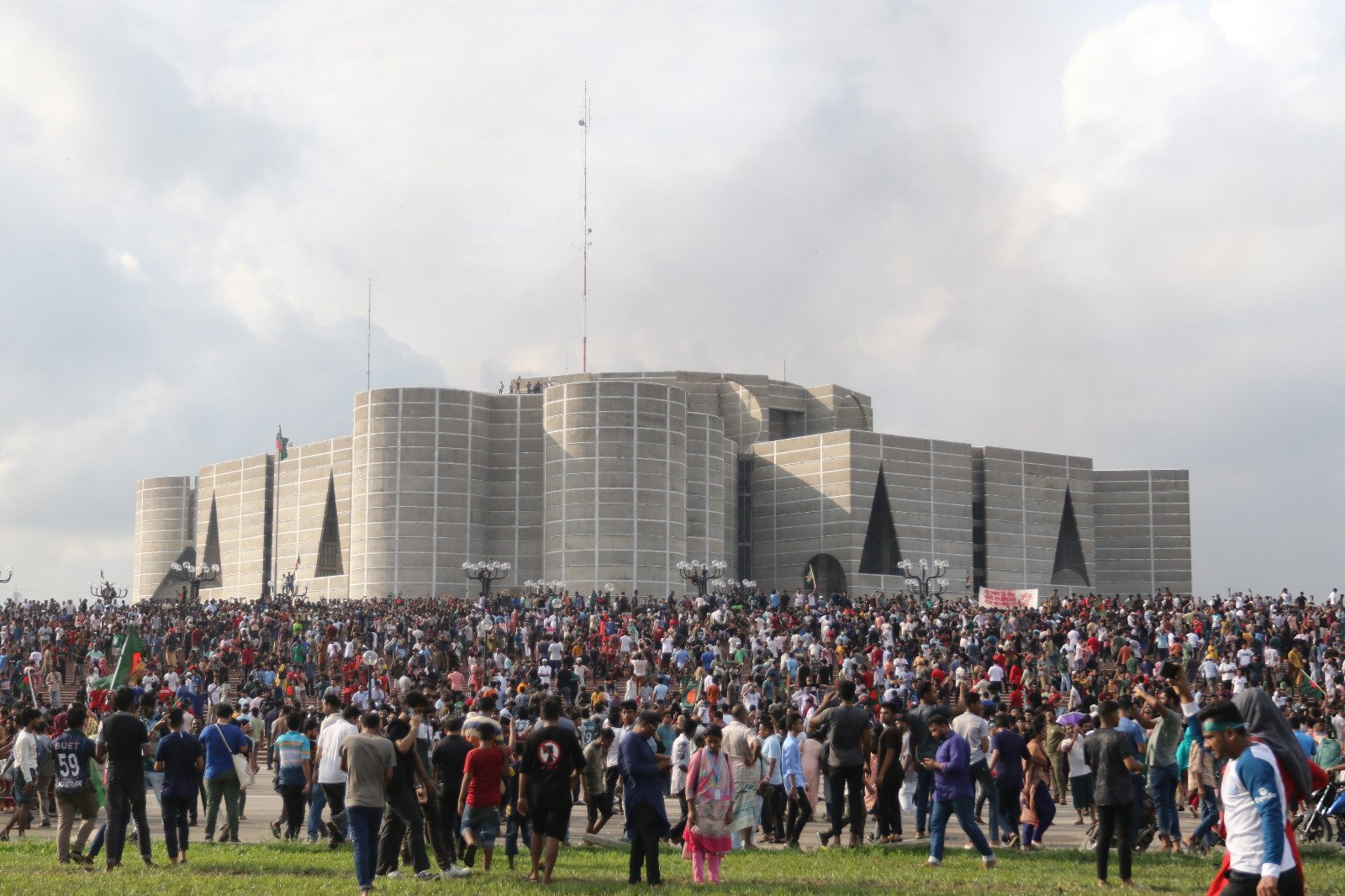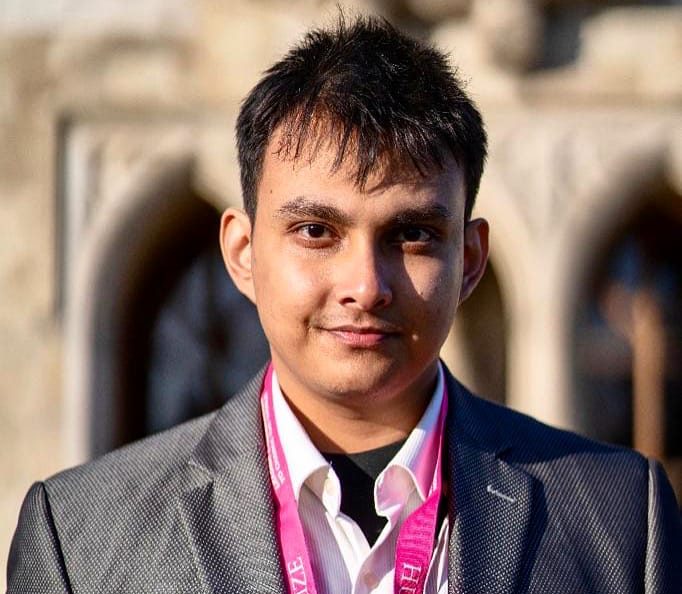International concern over the restoration of democracy in Bangladesh after the July–August uprising

Following the mass uprising of July–August 2024, international concern has been mounting over Bangladesh’s political changes and human rights situation. In this context, speakers at a virtual conference attended by representatives from various countries and human rights organizations emphasized the need to restore democracy, justice, and fundamental rights in Bangladesh.
Organization of the International Virtual Conference
On Wednesday, October 29, 2025, at 9:00 a.m. (New York time), A day-long international virtual conference titled “Turning Point: Bangladesh after the July–August Uprising” was held.
The conference was organized by the Global Centre for Democratic Governance (Canada) and the South Asia Democratic Forum (Belgium), in collaboration with NEVER AGAIN Association (Poland), European Bangladesh Forum (UK), 71@Heart (UK), Rights and Risks Analysis Group (India), Ekattorer Prohori (USA), Center for US–Bangladesh Relations (USA), International Forum for Secular Bangladesh (Switzerland), and the Center for Gender Justice and Women Empowerment (Switzerland).
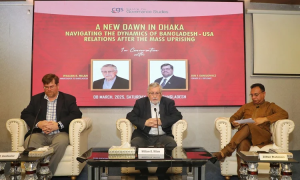
Deep Concern over Human Rights Violations
Speakers at the conference expressed grave concern over the severe human rights violations in Bangladesh over the past 15 months.
They called on both national and international stakeholders to take immediate notice of these incidents and ensure justice.
At the same time, they reaffirmed their strong commitment to restoring democracy, good governance, and human rights in Bangladesh.
Criticism of the UN Report
The conference discussed the UN Office of the High Commissioner for Human Rights (OHCHR) report titled “Human Rights Violations Related to the July–August 2024 Protests in Bangladesh.”
Speakers criticized the report for its methodological ambiguity, bias, imbalance, and analytical weaknesses.
They argued that the report did not comply with the UN’s own editorial standards and failed to present evidence-based analysis.
Conference Declarations and Recommendations
Based on the discussions, several key demands and recommendations were made:
Restoration of Civil Rights and Judicial Independence
Speakers emphasized that civil, political, and religious rights must be fully restored, and basic freedoms protected. The judiciary must remain free from political influence to ensure justice and equality for all.
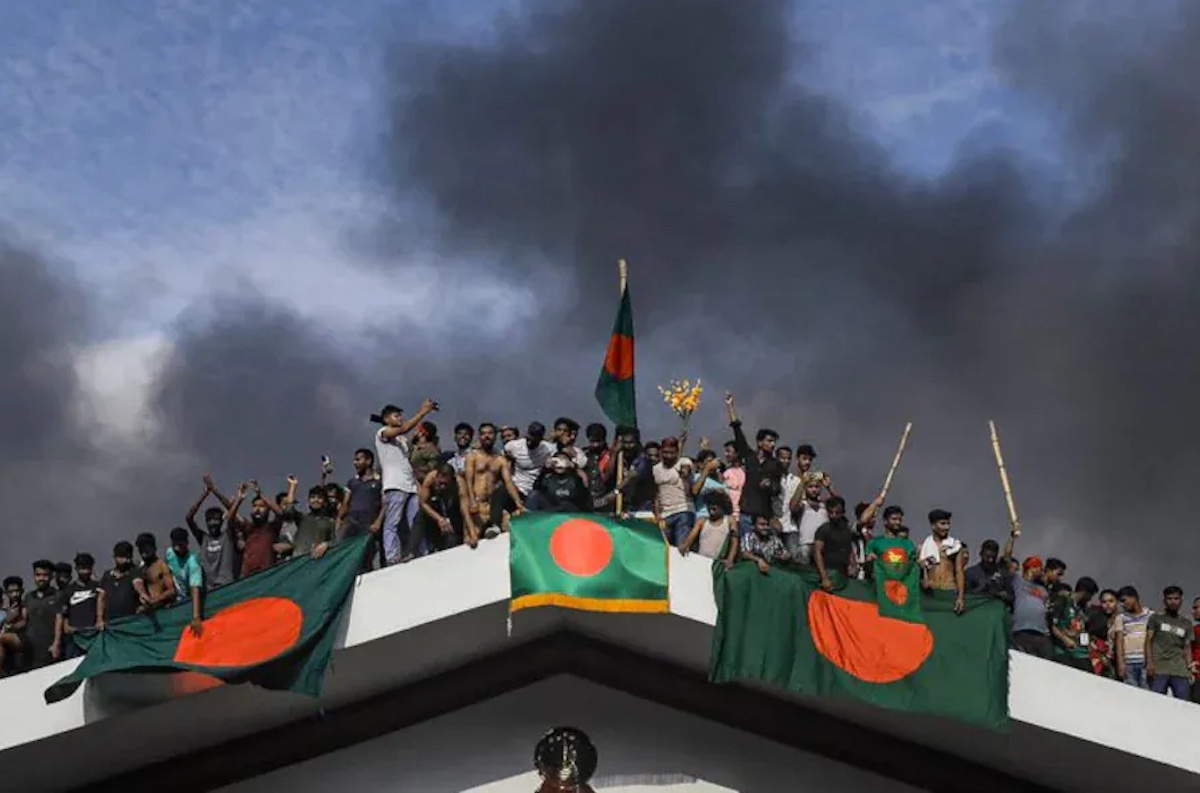
Ensuring Accountability for Human Rights Violations
They called for impartial and transparent investigations into all allegations of extrajudicial killings, arbitrary detention, torture, violence against women and children, and attacks on minorities and political opponents.
They also stressed that every victim must have access to justice.
Freedom of the Press and Protection of Journalists
Speakers condemned censorship, attacks, intimidation, and imprisonment of journalists. They demanded an immediate end to such repression and called for ensuring journalists’ full freedom and safety.
Countering Extremism and Promoting Regional Stability
Participants urged united action against extremism, stating that without inclusive governance, human rights protection, and regional cooperation, sustainable peace and stability would not be possible.
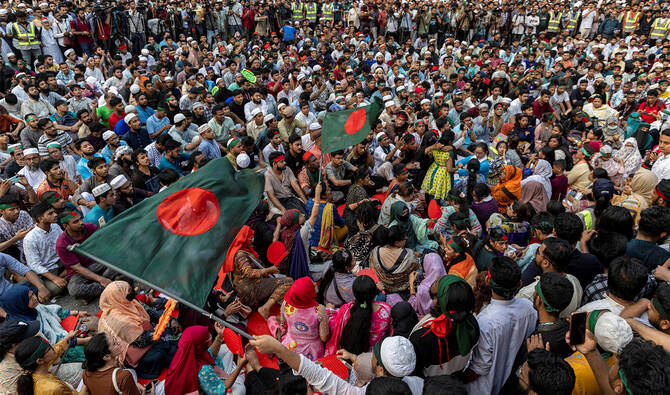
Free, Fair, and Inclusive Elections
The conference emphasized the urgent need for a free, fair, and transparent national election in Bangladesh under a neutral and credible caretaker government.
They underscored that the participation of all political parties is essential to reflect the democratic will of the people.
Participation of Prominent International Speakers
Speakers included:
Rev. Dr. Robert B. Lancia (USA), William Sloan (Canada), Prof. Veena Sikri (India), Paolo Casaca (Belgium), Chris Blackburn (UK), Alan Rides (UK), Charlotte Jacomart (Switzerland), Suhas Chakma (India), Natalia Sineyeva (Poland), Shun-Ichi Fujiki (Japan), Dr. Chongsi Ayah Joseph (Cameroon), Prof. Dr. Rafal Pankowski (Uganda), Pushpita Gupta (UK), Dr. Nuran Nabi (USA, Freedom Fighter & Ekushey Padak awardee), Prof. Dr. M. Abdur Rashid (New Zealand), Prof. Dr. Mohammad Shahidullah (USA), Dr. S. M. Masum Billah (France), Dr. Md. Abu Naser (USA), Barrister Tapos Kanti Baul (Germany), and Khalilur Rahman Mamun (Switzerland).
The conference was chaired by Prof. Dr. Md. Habibe Millat, President of the Global Centre for Democratic Governance, Canada.
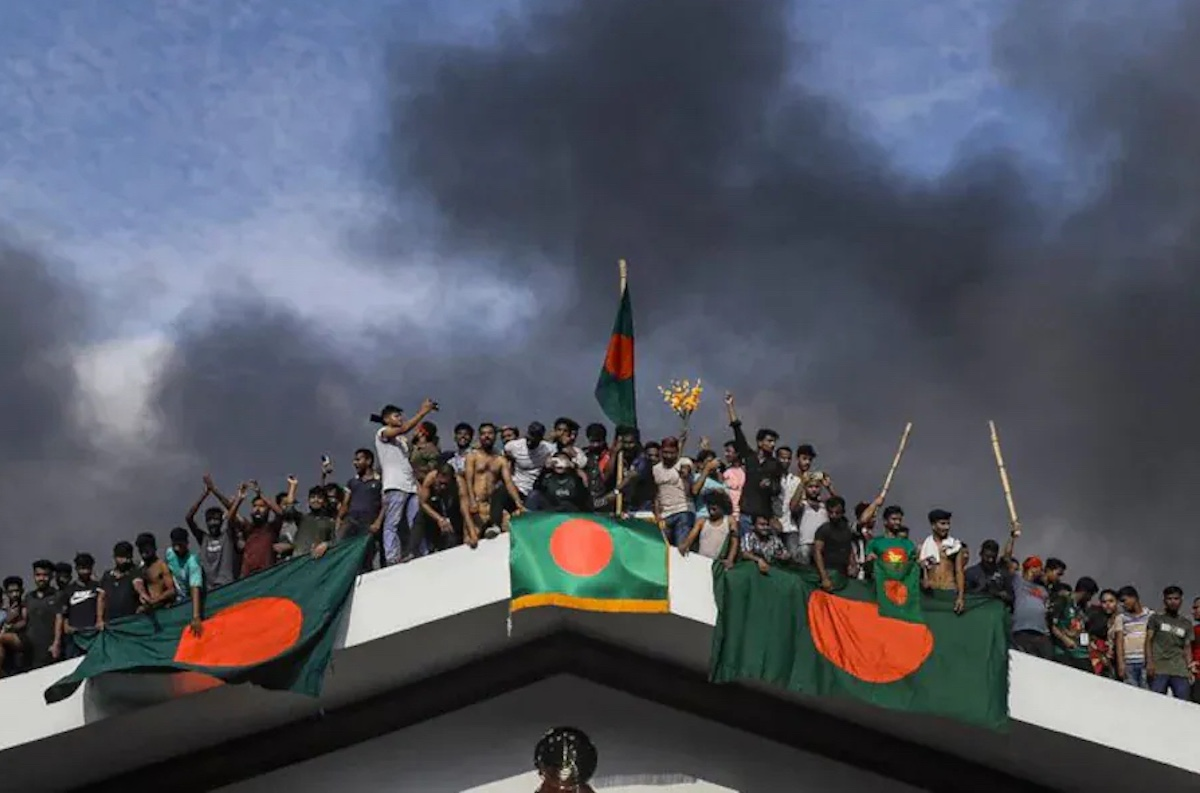
Media Partners and Moderation
Media partners of the conference included:
Global Bangla (UK), Bridge Bangla 24 (UK), Narrativa 360 (UK), NRB News 24 (UK), Alpha TV (Canada), Probash Darpan (UK), Drishtikon 71 (Canada), and Bangla News Network (USA).
The session was moderated by Priyojit Devsankar (UK), Engr. Rana Hasan Mahmud (USA), and Debadyuti Dasgupta (India).
The vote of thanks was delivered by Md. Golam Kibria, Executive Director of the Global Centre for Democratic Governance, Canada.
Participants unanimously agreed that the restoration of democracy, protection of human rights, and political inclusiveness in Bangladesh are now matters of urgent necessity.
They called on the international community to play an active role in ensuring justice, freedom, and dignity for all citizens of Bangladesh.
#Bangladesh #Democracy #HumanRights #InternationalConference #JulyAugustUprising #GlobalCDG #SouthAsiaDemocraticForum


